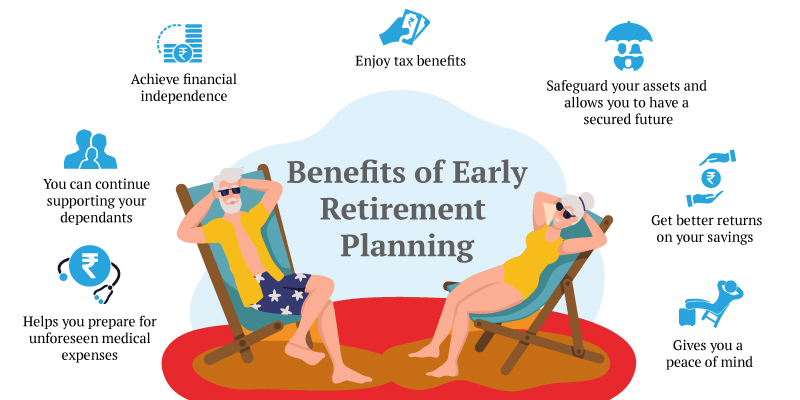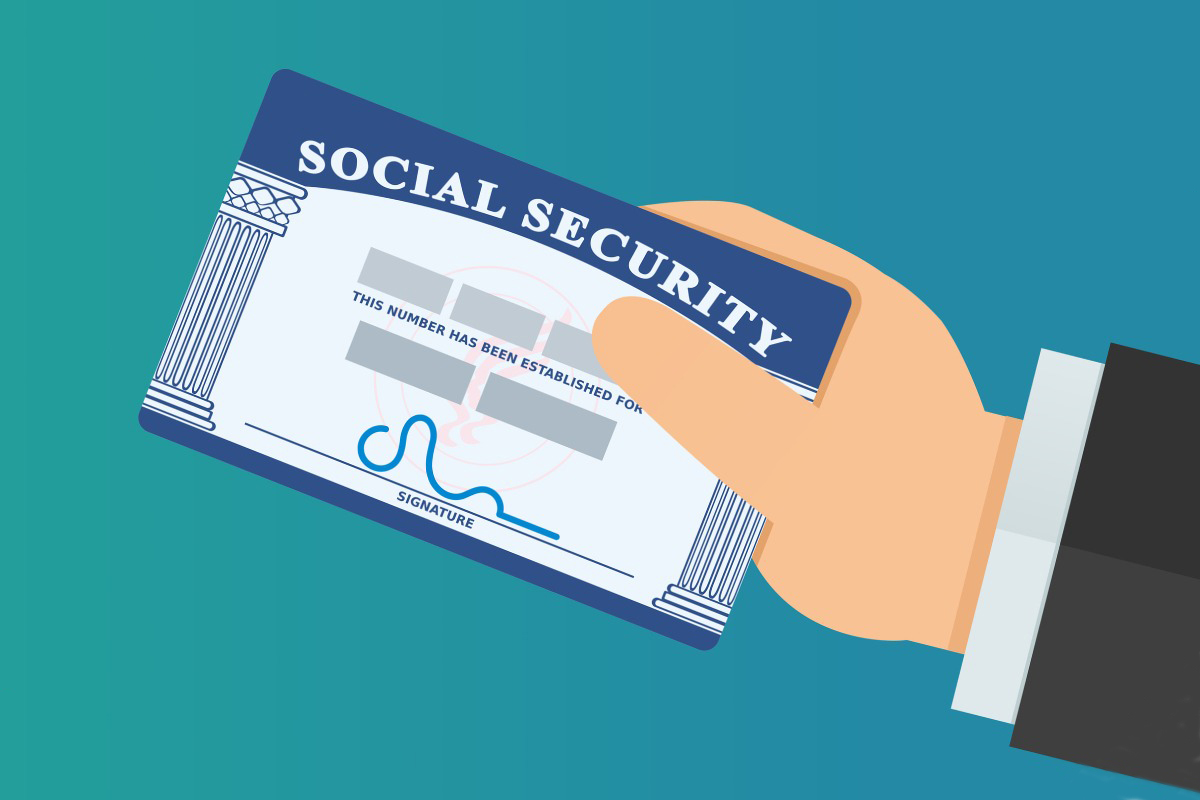You face a difficult decision about Social Security if you plan to retire early. You’ll need to think about when to file for benefits and how your decision may affect how much money you get in retirement.
There are 3 things you need to know regarding your Social Security benefits before you decide to retire early to come to the best decision.
1. You will receive a smaller benefit if you apply for benefits early
After retirement, you are not required to start receiving Social Security payments. You can—and maybe should—wait if you have the financial means to do so. Nonetheless, a lot of people rely on Social Security to keep them surviving after they quit their jobs.
Additionally, you miss the opportunity of earning delayed retirement credits, which would have increased your benefits over the base payment. These credits, however, expire at the age of 70.

2. Your benefit might be further reduced if you stop working for 35 years
Before taking an early retirement, there’s one more crucial thing to think about. Your average, inflation-adjusted salary over the 35 years you made the most is used to determine your Social Security benefit. Your rewards will be reduced if you retire earlier and don’t have 35 years of work experience since those years of zero pay will be taken into account when calculating your benefits.
Reducing your Social Security benefits could also occur if you work for precisely 35 years or longer. Your benefits computation would take into account every one of your 35 years of employment.
Retiring early implies giving up the additional benefits you may receive by replacing some of your early professional low-earning years with the higher pay you’re probably generating before retirement because income continues to increase with age.
3. Should you want to return to work, your benefit could be decreased
The final thing to think about before taking an early retirement and collecting Social Security is the possibility of having second thoughts.
There is an upper limit to the amount you can make before the Social Security Administration hides funds if you have already received your retirement benefits and choose to return to employment. You can make up to $59,520 if you achieve full retirement age at any point in the year. Benefits are lowered by $1 for each $3 over that threshold that is earned. Additionally, you can only make up to $22,320 before rewards are lowered by $1 for every $2 earned over that amount if you don’t hit FRA throughout the year.




